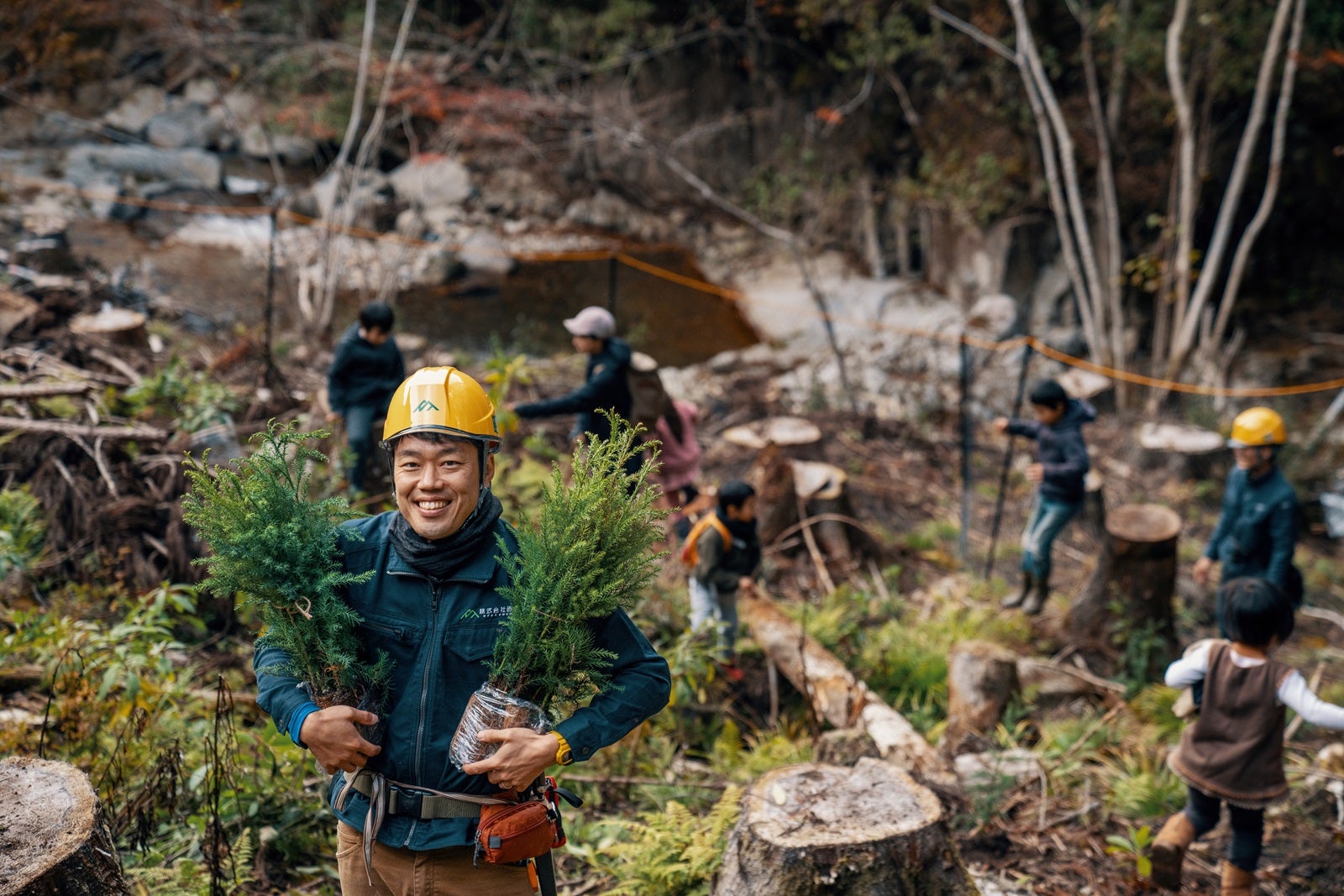Every once in a while, I see something travel-related that makes me cringe — people barefoot on planes, tourists with selfie sticks and, most recently, an influx of nonsensical and unnecessary words to describe different types of trips.
Enter: “sleepcation.” Seriously, it’s a thing. You’ll probably sigh as deeply as I did when I found out what it was.
Why do marketers insist on creating cutesy terms for things that already have names?
In fairness, a term like “glamping” (camping but with certain amenities that make it more glamorous) makes sense because it sounds like the original word: “camping.”
“Staycation” (when you take time off to stay home and do nothing or visit places nearby) also works because it rhymes with “vacation” — a word that, for decades, has sufficed to describe types of leisure travel that may or may not take you far away from home.
Now, it seems we have new jargon born from slapping “-cation” or “-moon” on the ends of words and calling them trends. Speaking of being born, don’t even get me started on “babymoon.” The whole thing is out of hand. In the infamous words of Regina George from “Mean Girls”: “Stop trying to make ‘fetch’ happen.”
Here’s a quick rundown of some of the made-up travel terms that give me, as the kids say, “the ick.”
What is a ‘babymoon’?
A babymoon is the trip an expecting couple takes to spend time together before their baby arrives (or, possibly, to mourn the loss of their free time, disposable income and privacy).
What is ‘bleisure’ travel?
The word itself comes from a combination of “business” and “leisure.” It indicates that you’re either tacking on a few days of paid time off onto a business trip or bringing non-colleagues — like friends or family members — with you for the ride. This has become increasingly prevalent as remote work has enabled longer trips than used to be standard.
What is a ‘buddymoon’?
A buddymoon is a honeymoon where friends tag along. To me, this just sounds like a weird way to say “honeymoon where you have no alone time whatsoever.”
What is a ‘digital nomad’?

A digital nomad is someone who can work from anywhere, including remote destinations, and changes locations frequently to do so. As long as they have a Wi-Fi connection and a host of electronics, they’re set to be on a constant workcation. (See below.)
What is a ‘sleepcation’?
A sleepcation is a vacation a person takes for the purpose of finding a good night’s sleep. Imagine paying money to accomplish what you should, in theory, be able to do at home in your bed. The concept is almost as ridiculous as the word itself.
What is a ‘travel curator’?
A travel curator is someone who travelers pay for customized travel planning services. Essentially, it’s a travel agent with a fancy name. Other aliases include “travel advisers” and “travel designers.”
What is ‘voluntourism’?

Voluntourism is traveling for the combination of both pleasure (tourism) and volunteer opportunities. It can include everything from medical and conservation work to teaching abroad. The term is silly, but the premise behind it is noble — as long as participants are actually helping, that is.
Related: How to earn a free night in Hawaii by giving back to the community
What is a ‘workcation’?
Although similar to bleisure travel, a workcation is different in that the travel isn’t for business purposes. It’s for pleasure, but you work while you’re there. A workcation can be something you take as a one-off or, if you’re a digital nomad (see above), something almost constant or indefinite.
Bottom line
Some of these terms have been adopted more widely into the travel vernacular; others struggle to take hold. What they all have in common, though, is that they were coined by marketers trying to generate buzz around certain types of trips or to make things sound fancier than they are.
But remember: These trips aren’t necessarily what everyone makes them out to be simply because they have their own made-up words. Moving forward, just call them vacations.
Related reading:
- Key travel tips you need to know — whether you’re a first-time or frequent traveler
- Best travel credit cards
- Where to go in 2024: The 16 best places to travel
- 6 real-life strategies you can use when your flight is canceled or delayed
- 8 of the best credit cards for general travel purchases
- 13 must-have items the TPG team can’t travel without
